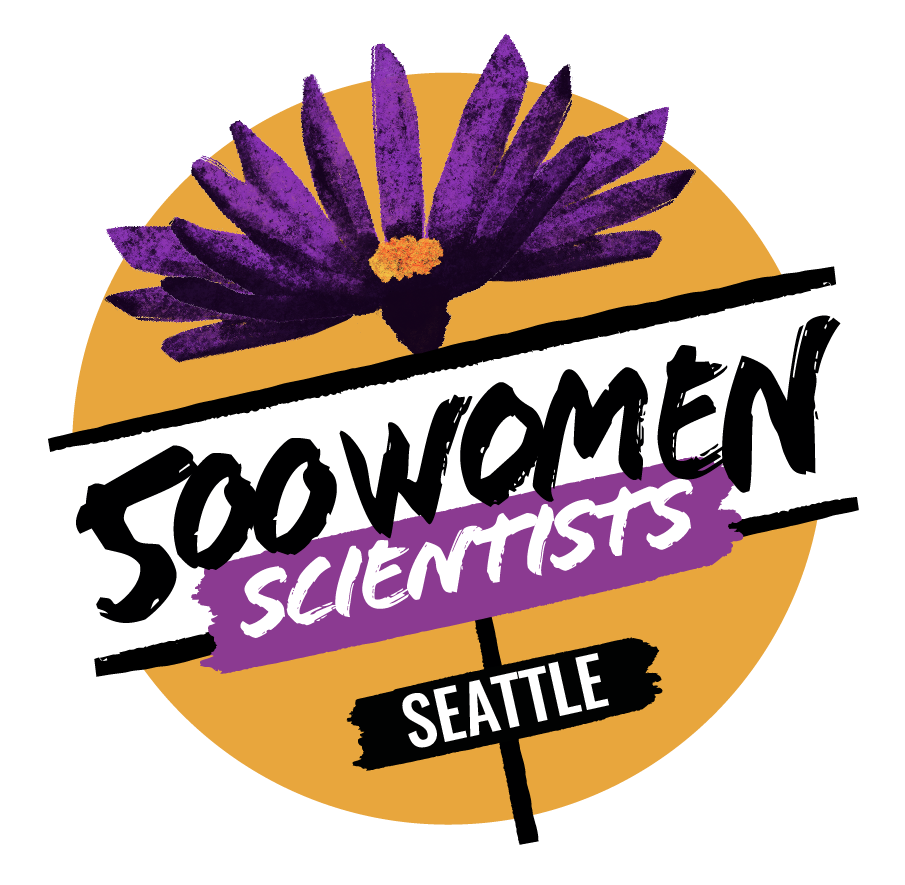I was a guest at Career Day at Four Heroes Elementary School in Lakewood. I got connected to one of the teachers through the marine biology undergrad advisor at the University of Washington, who sent out an email to the School of Aquatic and Fishery Sciences (where I work) listserv. The main theme the teachers wanted us to share was “what kinds of jobs are available to our students?” We were asked to talk about (1) a basic career overview, (2) what education and training you needed for that particular career, (3) what they are learning now that can be used for that career, and (4) a hands on activity.
Five different groups of third through fifth grade students cycled through my station during the morning. For my hands-on activity, I took advantage of the fact that my parents were cleaning out their attic and that I had acquired basically the entire sea-creature Ty© Beanie Baby collection when I was younger. I had set a sea creature out on each desk before the students arrived, and they showed great excitement in choosing a particular seat. Then I asked them to identify the creature, throw it up to me in the front, and then talked a bit about each creature and the fact that marine biologists could study any of those animals.
Marine biologists study biology in the ocean. So there were many research paths available to them as a marine biologist. The kids were full of questions about the individual animals... What do sea horses eat? Who would win in a fight between a dolphin and a shark? How are dolphins and orcas cousins? Could you grab a jellyfish by the bell and not get stung?
It wasn’t exactly what I was supposed to spend the majority of my time on, but the kids were so curious and enthusiastic and that is exactly what being a scientist is: asking questions about the world, doing experiments, and making observations to learn new things. At the end we talked briefly about how the scientific method (which they were currently learning about in Science class) could be used to learn about how many sharks are in the ocean, or the weather, or basically to solve any question they have about the natural world. I only spent three hours there, but it was very refreshing to see the kids so interested. I think all of them would make great marine biologists one day.
--Nicole Baker, Member of Seattle 500 Women Scientists, co-leader of Science Literacy team


